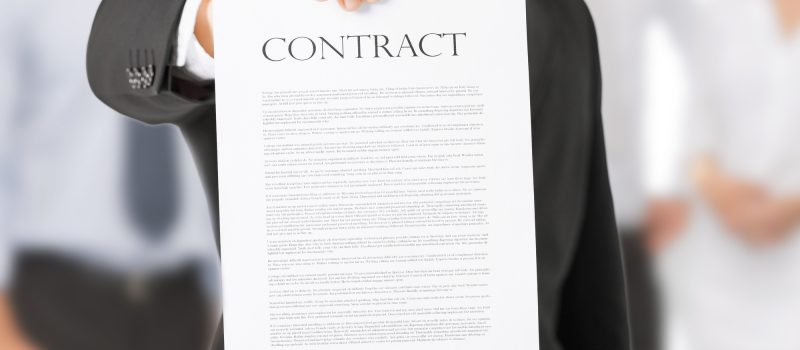It’s perfectly possible to create a valid contract without the help of a lawyer.
By penning one yourself, you save plenty of cash you’d otherwise spend on legal fees.
You do need to write with care though. If you’ve created a legally binding contract, you’re bound by it as well as the other person or organization.
There can be consequences, but when done right, it’s entirely acceptable to draft your own contracts.
Here’s how to draft a valid contract.
Obligations and Responsibilities
Your contract needs to set out, in clear terms, each parties obligations and responsibilities. ‘Parties’ are the organizations or people named in the contract.
All the terms of the contract must follow the law. You can’t, as part of a contract, hire someone to do something illegal.
You might also need to include specific clauses in a valid contract. For example, when creating a contract for your customers, it’s likely you’ll need to add clauses explaining any rights to return an item or cancel the contract.
You might wish to consult with a lawyer at some point to check the legality of your contract, even if you’re confident of its validity.
Avoid Duplication and be Consistent
Duplication causes problems in legal documents – not because of the duplication itself, but the context and any change in wording. This can cause doubt, which is the enemy of all contracts. Doubt opens up space for an argument.
If you must write about a concept twice, make sure the wording is consistent
Let’s play spot the difference for a moment. Imagine these two sentences have been included in a contract.
- “Our Company will pay $10,000 when the task has been completed and approved by us.”
- “Party X will pay $10,000 when the task has been completed.”
The second of these is weaker than the first. If you include both, you’re opening up room for a legal argument that approval is not necessary for payment.
Even though you haven’t approved the work, and even if you’re not happy with it, full payment may still be due.
Do I Need to Write in Legalese?
No.
A contract can be just as binding when written in plain language. So don’t try to ham it up with lawyer-speak.
If you’ve ever read a legal document drafted by a lawyer, you’ve probably spotted a ton of legal jargon; ‘whereas,’ ‘hereto,’ ‘hereinafter’ and so on. Don’t try to mimic it.
A simple document is far easier for both parties to understand.
Making Sure the Contract is Fulfilled
The problem with any contract is that, regardless of the wording, it needs the will of both parties to succeed.
If one side lets the other down, the contract may have been ‘breached’ – meaning they’ve not fulfilled their obligations and responsibilities.
A surety bond is a useful way of ensuring that the other party does their best to live up to the contract. Having one of these in place means that anyone who lets the other side down will incur penalties.
Drafting a Valid Contract
The golden rule when writing is to check, double-check and check again.
You should take the time to construct the contract carefully, and make sure both sides are happy with its terms before proceeding.
If the terms you’re trying to create are really tricky, you might still benefit from some professional help. Or you may want a lawyer to cast their eye over a document you’ve drawn up for regular use.
Find legal help using our listings.

